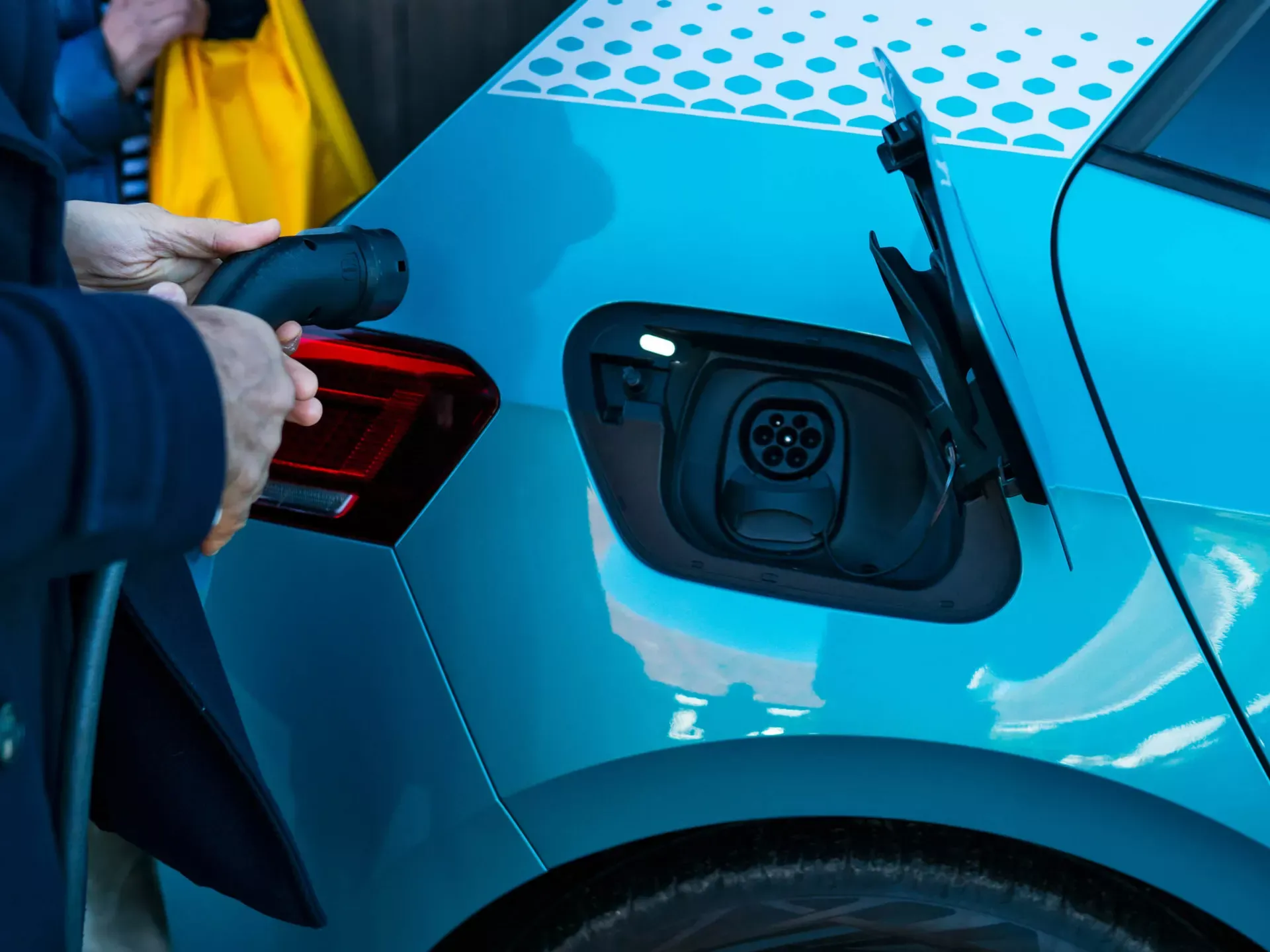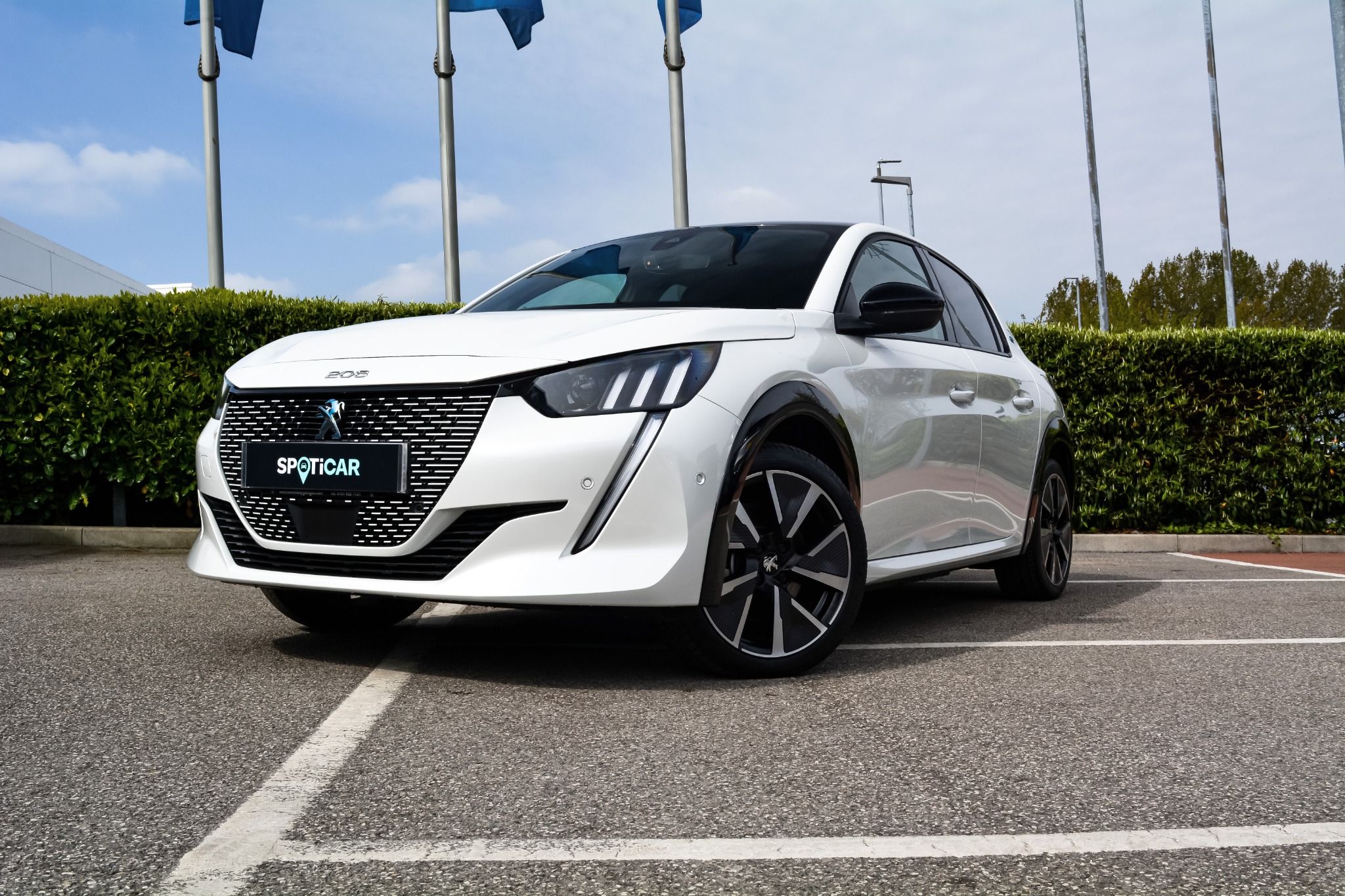The number of EVs on the UK’s roads is surging
The UK is beginning to adopt the prospect of electric vehicles, with more chargers appearing on the roads and a wider variety of cars available in dealerships. The number of EVs on the UK’s roads is surging, too, with recent registration figures showing that there are nearly 750,000 electric vehicles on UK roads, this is a noticeable increase for battery-powered cars.
And though the cost of running an electric car is significantly lower than those associated with a petrol or diesel car, there are still some ways to shave down how much you’ll pay to keep it charged up. Let’s take a look.

Take your time
In the EV world, you pay more for charging speed. So, if you’re not in a hurry, taking your time can save you money. Of course, if you’re needing to be somewhere then opt for a quicker charger, but if time isn’t of the essence, heading for a slower, less expensive charger can pay dividends. For example, a 7kW charger, which will top up most electric cars overnight, is significantly less expensive than a 50kW version. So if you’re stopping somewhere for a little while, it’s always a better bet to go for a 7kW charger.
Make sure you’re on the right home charging tariff
A lot of EV owners will charge up at home as a way of making the whole experience more cost-effective. Certainly, charging at home is significantly cheaper than using a public charger, but there are ways to make it even cheaper. Making sure you’re on the right home charging tariff is one of them. Despite the recent rise in energy costs, and some energy providers increasing or removing their EV charging tariffs, there are still several energy providers who offer plans designed specifically for EV owners, giving better rates for charging your car at specific times. If you cannot find an EV specific tariff that suits your needs, we recommend asking your provider for a smart metre so you can track how much it will cost to charge your vehicle.
Think about when you’re going to charge
It’s only natural to drive home and plug in to get charging right away. However, it can make a difference if you plan when to charge instead. Most electric vehicles have a pre-set function, allowing you to select the time you’d like to charge. This, in conjunction with an EV-specific plan, can make charging particularly cheap. For instance, a lot of energy companies will give impressively low rates for those who charge during the early hours of the morning, rather than at peak times.
Plan your route
Though when home charging it’s quite easy to determine how much your energy is going to cost you, when you’re out on the road it can be another thing altogether. Energy prices vary wildly from charger to charger and between speeds, too. Smartphone apps such as Zap-Map can prove a real lifeline in these instances. Not only do they allow you to see if a charger is working properly, but they’ll also show how much a charge will cost in kWh. By doing this before you set off, you can plan out the cheaper chargers - saving you money across the length of your route.

Driving tips to extend your range
Similar to driving a petrol or diesel vehicle, you can extend your range by adopting a different driving style. This includes avoiding harsh acceleration or braking, by paying full attention to what’s going on around you, you can anticipate what will happen and therefore drive more smoothly. It’s also important to stick to the speed limits, as driving at a higher speed increases energy consumption. You may want to consider which features of your car you need to use frequently, such as air conditioning, heated windscreen and heated seats as these also put a strain on energy consumption.